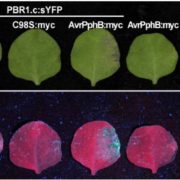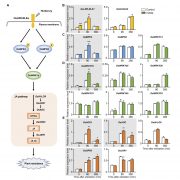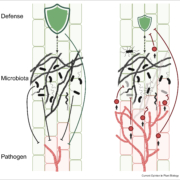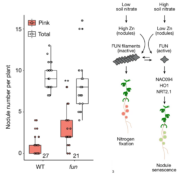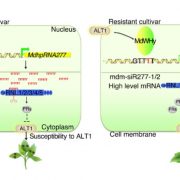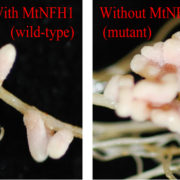Recognizing featured Plant Cell first authors: Suayib Üstün
Suayib Üstün, featured first author of Bacteria exploit autophagy for proteasome degradation and enhanced virulence in plants
Current Position: FEBS (Federation of European Biochemical Societies) long-term postdoctoral fellow at Swedish University of Agricultural Sciences in Uppsala, Sweden
Education: PhD in Molecular Biology at the Friedrich-Alexander-University in Erlangen-Nuremberg, Germany
Non-scientific Interests: Travel, Cooking, Freeletics.
Brief bio sketch: Back in Year 2010, during my PhD work in the lab of Prof. Frederik Börnke, I was working on the characterization of Xanthomonas bacterial type-III effector proteins. We hoped to identify target proteins with anticipated roles in plant immunity and eventually ended up with the proteasome. Being first disappointed about this finding, the blurry picture became clear throughout the years and had a huge impact on my academic career: During my PhD thesis I was able to show that the proteasome is targeted by Xanthomonas to dampen SA-mediated defence signalling. As a postdoctoral fellow in the same group, I extended my studies to effectors from Pseudomonas. I could establish that the proteasome acts as a virulence target of Pseudomonas and is required during local and systemic immune responses. My previous research on the role of the proteasome during immune responses led me to be intrigued by the role of different degradation pathways in plant immunity. Thus, in June 2016, I joined the group of Prof. Daniel Hofius at the Swedish University of Agricultural Sciences (SLU) in Uppsala/Sweden with my FEBS long-term Fellowship. Here, I initiated the project to study the crosstalk between proteasome and autophagy degradation pathways in Pseudomonas infection. My investigation revealed that Pseudomonas triggers autophagy to degrade proteasomes leading to its eventual inactivation. Recently, I received funding within the Emmy Noether Programme of the German Research Foundation to start my own group in Germany where I will continue my work on proteolytic pathways during plant immune responses.



